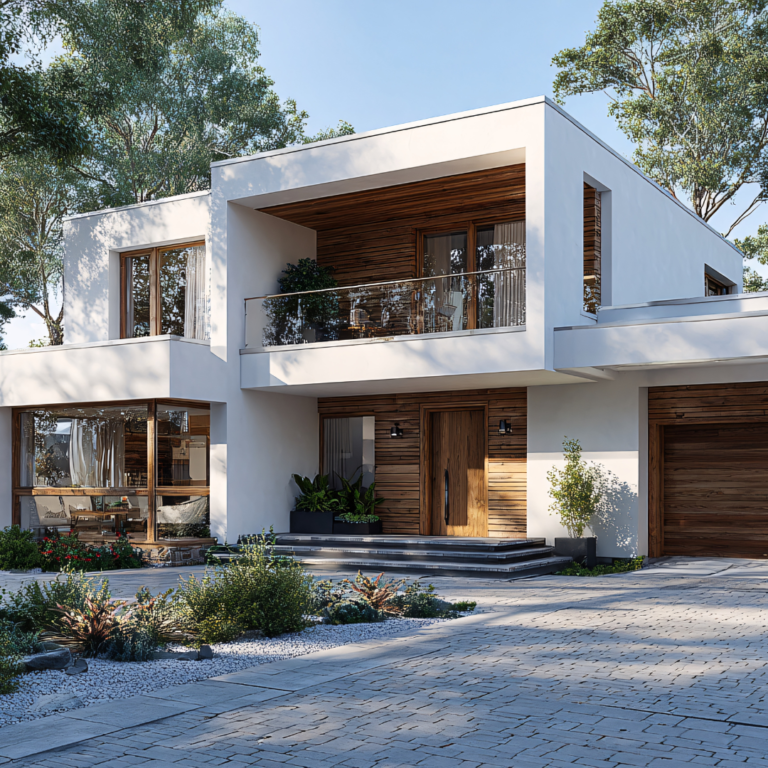Wood construction is an ecological and cost-efficient investment in the future.
Short construction times, high energy efficiency and low life-cycle costs ensure lasting value and planning security.
Wood homes offer individual design, superior living comfort and long-term resale value.
Advantages of Wood Construction

Financial Advantages

Short Construction Time: A high level of prefabrication ensures fast, clean and reliable project delivery
Energy Efficiency: Excellent thermal insulation sustainably reduces energy consumption, CO₂ emissions and operating costs
Living Comfort: A natural indoor climate, optimal humidity regulation and pleasant acoustics provide a high quality of life
Sustainability: A renewable, durable and resource-efficient building material with long-term future security
Safety: Stable and flexible structures offer reliable protection against fire, earthquakes and moisture
Design Flexibility: Individual architecture, flexibly adapted to the owners’ needs, style and budget
Optimised Overall Costs: Wood construction offers excellent value for money, low construction and operating costs, high cost certainty and a sustainable resale value
Low Operating Costs: Reduced heating, cooling, maintenance and repair costs significantly lower life-cycle expenses
Attractive Grants: Government incentives for construction and home ownership facilitate access to property, depending on income, family situation and project criteria
Support for Energy-Efficient Building: Additional subsidies for eco-energy measures such as heat pumps, solar systems, insulation and modern building services significantly improve economic efficiency
Tax Benefits: Extensive tax deductions for construction, financing and energy-related costs provide long-term financial relief and increased investment security